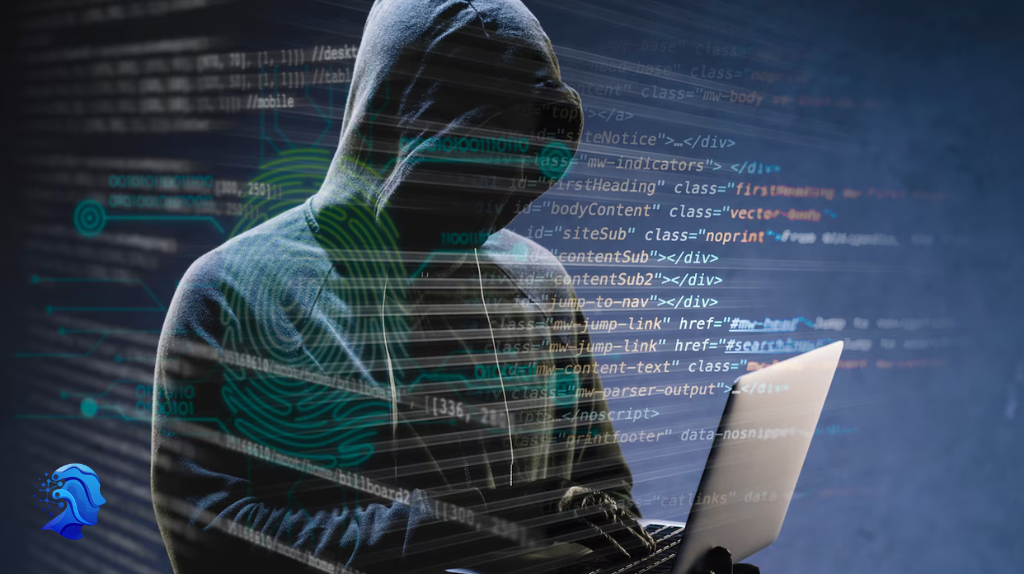As Election Day approaches, concerns over foreign interference in the U.S. electoral process intensify. A newly reported Iranian hacking group, Cotton Sandstorm, is actively scouting U.S. election-related websites and media outlets, raising alarms about potential influence operations. Microsoft revealed this information in a recent blog post, highlighting the group’s preparations as particularly concerning.
Cotton Sandstorm is linked to Iran’s Islamic Revolutionary Guard Corps, a powerful entity within Iran’s military and political framework. The group has engaged in reconnaissance and limited probing of various election-related websites across crucial battleground states. Notably, they also scanned an unidentified U.S. news outlet earlier this year to evaluate its vulnerabilities, indicating a troubling level of intent and capability.
The stakes are high with the U.S. presidential election scheduled for November 5, where Vice President Kamala Harris will face off against former President Donald Trump. Current polling suggests a fiercely competitive race, amplifying the urgency of protecting election integrity. Microsoft researchers anticipate that Cotton Sandstorm will escalate its activities as the election nears, citing the group’s historical pattern of election-related cyber operations.
The implications of such actions are significant. In the lead-up to the 2020 election, Cotton Sandstorm executed a campaign that involved impersonating the right-wing group “Proud Boys.” They sent thousands of threatening emails to Florida residents, coercing them to vote for Trump with menacing language. Furthermore, they released a video purportedly from activist hackers on social media, showcasing their probing of election systems. While their efforts did not directly impact individual voting mechanisms, the intended effect was to sow chaos, confusion, and doubt among voters and officials alike.
In the aftermath of the 2020 election, Cotton Sandstorm continued its disruptive tactics by encouraging violence against U.S. election officials who denied claims of widespread voter fraud. This underscores the group’s strategy of exploiting divisive narratives to further its agenda.
In response to these alarming allegations, a spokesperson for Iran’s mission to the United Nations firmly denied the claims, stating that they are “fundamentally unfounded” and lacking in evidence. They asserted that Iran has neither the motive nor the intent to interfere in the U.S. electoral process, reflecting a consistent stance from the Iranian government on such accusations.
However, U.S. officials remain vigilant. The Office of the Director of National Intelligence has consistently warned that foreign actors—mainly from Russia, Iran, and China—are intent on sowing discord and undermining confidence in American democracy. These actions can have far-reaching consequences, not only for the electoral process but also for the nation’s social fabric.
As Election Day draws closer, the focus on cybersecurity and the integrity of election systems is becoming increasingly critical. Government agencies, technology companies, and election officials are collaborating to bolster defenses against potential cyber threats. Voter education and public awareness campaigns are also essential in countering misinformation and ensuring citizens can participate confidently in the democratic process.
With the looming presence of groups like Cotton Sandstorm, the upcoming election represents a crucial moment for American democracy. As voters prepare to cast their ballots, the need for vigilance and robust cybersecurity measures has never been more pronounced. The outcome of this election will not only shape U.S. policy. Still, it will also serve as a litmus test for the resilience of democratic institutions in the face of foreign interference.

2 Comments
Pingback: Iranian Hacker Group Targets U.S. Elections Ahead of November Vote, Warns Microsoft – Oranic Soft
Pingback: Iranian Hackers Target Trump Campaign Emails: A Deep Dive into Election Interference - Oranic Soft